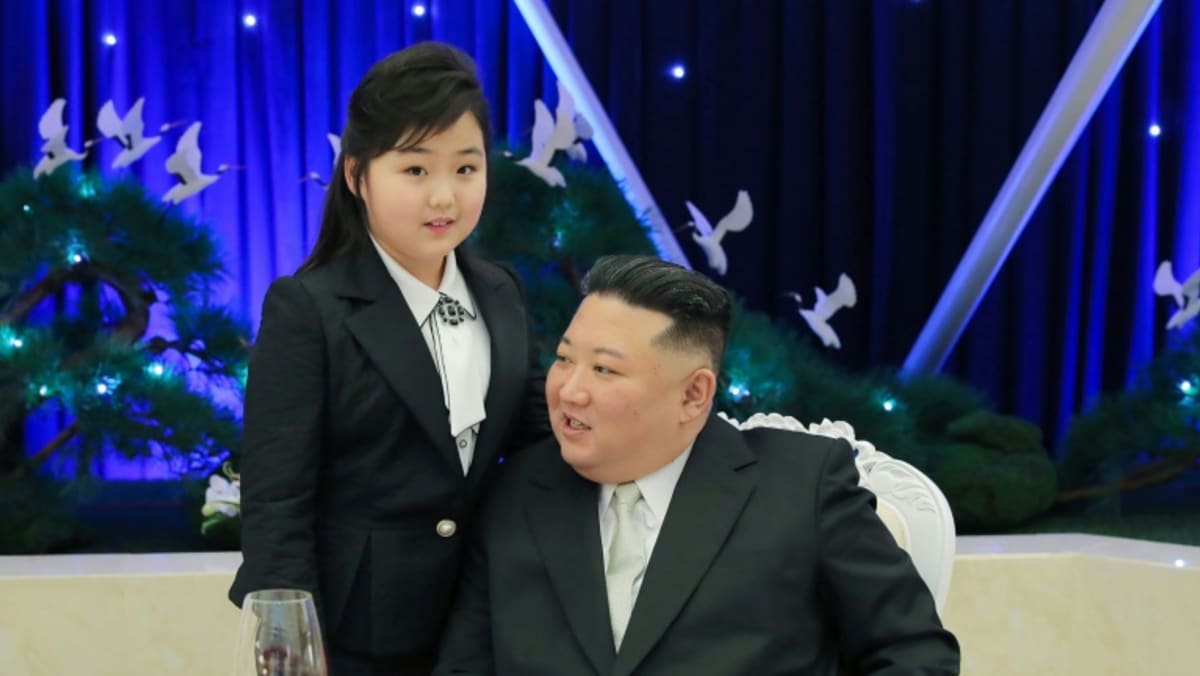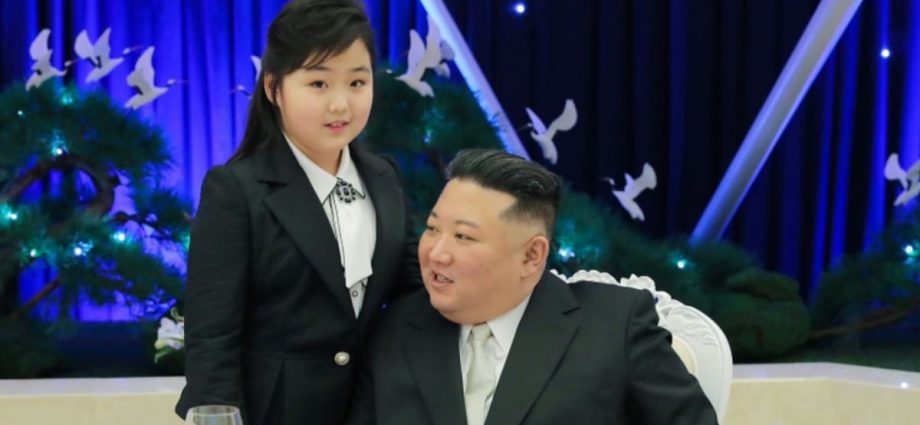
KIM JONG IL’S ASCENT TO POWER
The first leader in the Kim dynasty, Kim Il Sung, began to groom his son Kim Jong Il for power in the early 1970s when he was in his early 30s. He was named number two in the Korean Workers’ Party (KWP) in the party in September 1973 and elected to the political bureau of the party’s central committee in February 1974.
Kim Jong Il spent the next few years consolidating his political power and in October 1980, at the 6th Congress of the KWP, he was officially designated as successor to his father.
In September 1991 Kim Jong Il was named as supreme commander of the Korean People’s Army, while in 1992, Kim Il Sung publicly stated that his son was in charge of all internal affairs in the Democratic People’s Republic. Kim Jong Il made his first public speech in 1992.
So by 1994, when Kim Il Sung died at the age of 82, his son had been deliberately and carefully groomed with all three arms of the trinity: The army, the party and the people.
NOT AS SMOOTH A SUCCESSION FOR KIM JONG UN
But the succession was not as smooth for Kim Jong Un as his father’s death in 2011 was sudden and unexpected.
Kim Jong Il began to groom his third son for the leadership in 2002, passing over two older sons. Eldest son Kim Jong Nam was disqualified because his mother was originally from South Korea and some of her family members had defected. For a time it seemed as if second son Kim Jong Chol would be named as the successor, but it is thought he was passed over because of a lack of ambition.
There were concerns about Kim Jong Un. Under North Korea’s rigid caste system, the songbun, Ko Yong Hui, mother of Kim Jong Un was from the lowest tier, being born in Japan of Korean stock. It has been reported that Kim Jong Il tried to remove official records to obscure her inappropriate origins.
Having been educated at an international school in Switzerland, Kim Jong Un attended the National War College in Pyongyang from 2002 to 2007. Reports of Kim Jong Un being groomed for the leadership began to emerge in 2008 and in 2010 he was appointed as the equivalent of a four-star general and attended the KWP’s 65th-anniversary celebration with his father.
When Kim Jong Il died in December 2011, his son’s training had not been completed and his position was vulnerable. He moved quickly to take control of both military and party.
Over the next few years, Kim Jong Un consolidated his position with a series of purges, including that of his uncle Jang Song Thaek, who had acted as regent after Kim Jong Il’s death and was reported to have been executed by firing squad as Kim Jong Un “removed the scum” from the KWP.

